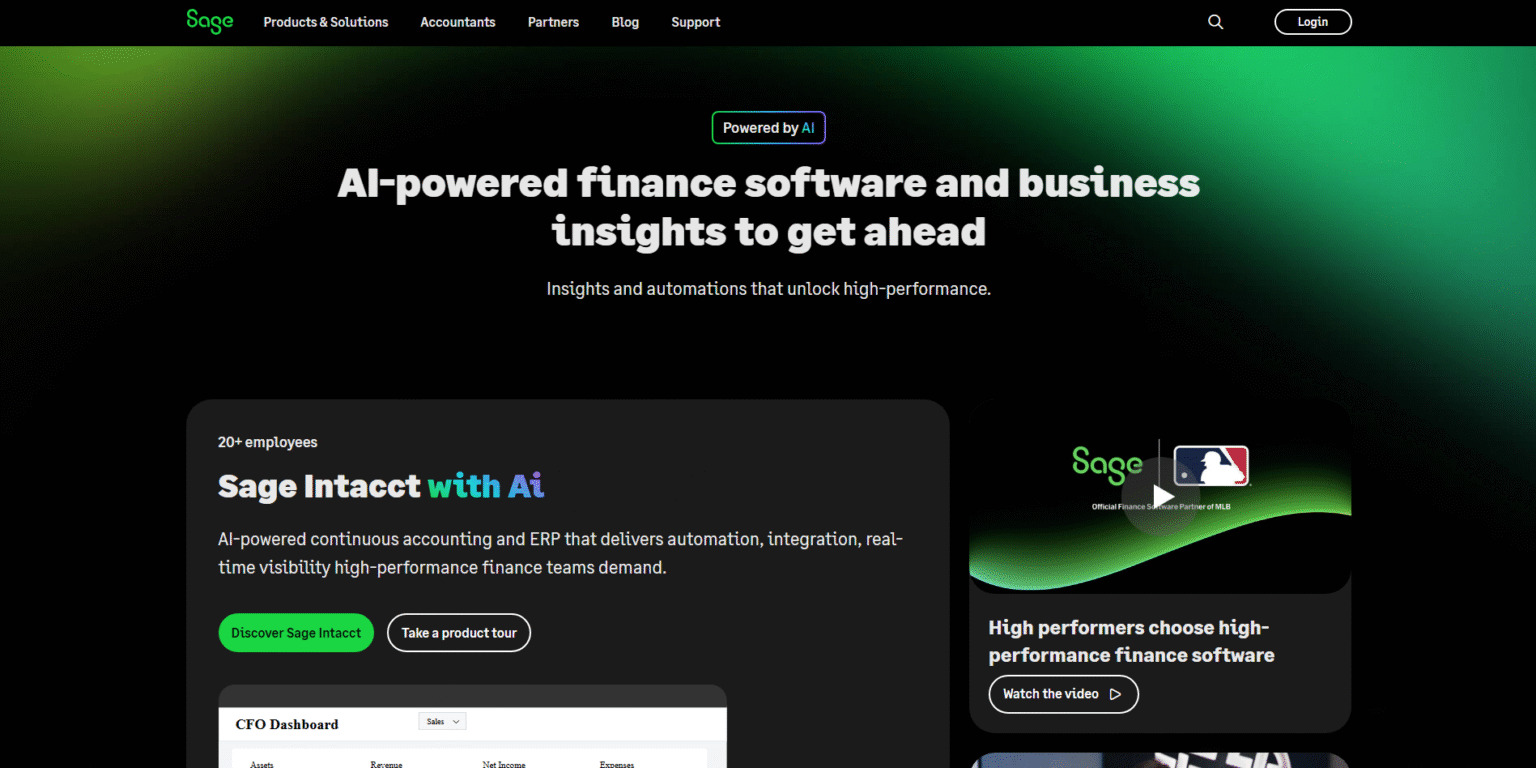What is Artificial Intelligence in Software? A Complete Guide
Artificial Intelligence (AI) is one of the most transformative technologies of the 21st century. From virtual assistants like Siri and Alexa to recommendation engines on Netflix and Amazon, AI is everywhere. But one of its most impactful applications lies within software development itself. Businesses today are not only using AI-powered tools but are also embedding AI into their software products to enhance efficiency, accuracy, and user experience.
This comprehensive article explores what artificial intelligence in software is, how it works, its benefits, applications, challenges, and the future outlook.
Introduction to Artificial Intelligence in Software
Artificial Intelligence (AI) in software refers to the integration of intelligent algorithms, machine learning models, and data-driven decision-making processes into software applications. Unlike traditional software, which follows pre-programmed rules, AI-powered software can learn, adapt, and improve over time without explicit programming.
For example:
-
An email spam filter uses AI to identify malicious or irrelevant emails.
-
Chatbots in customer support use AI to understand and respond naturally to queries.
-
Predictive analytics tools leverage AI to forecast trends and outcomes.
In short, AI enhances software by making it more intuitive, adaptive, and capable of human-like reasoning.
Why is AI Important in Software?
The rise of big data, cloud computing, and advanced algorithms has fueled the demand for AI in software. Businesses seek automation, smarter decision-making, and improved efficiency, which AI delivers seamlessly.
Key reasons why AI is vital in software:
-
Automation of repetitive tasks – Reducing human error and saving time.
-
Enhanced decision-making – Data-driven insights for better outcomes.
-
Improved user experience – Personalized recommendations and natural interactions.
-
Competitive advantage – AI-powered tools help companies stay ahead in the digital race.
Applications of AI in Software
AI is revolutionizing multiple industries through software. Let’s explore some of the most common applications:
1. Natural Language Processing (NLP)
-
Used in chatbots, voice assistants, and translation tools.
-
Helps software understand and respond to human language.
2. Machine Learning (ML) Algorithms
-
Powers recommendation engines (e.g., Netflix, Amazon).
-
Detects patterns in large datasets for predictions.
3. Computer Vision
-
Applied in facial recognition, healthcare imaging, and security systems.
4. Robotic Process Automation (RPA)
-
Automates repetitive office tasks like data entry and invoice processing.
5. Predictive Analytics
-
Used in finance, marketing, and healthcare to predict trends and risks.
Key Benefits of Artificial Intelligence in Software
AI integration provides multiple benefits for businesses, developers, and end-users.
| Benefit | Description | Example |
|---|---|---|
| Automation | Automates repetitive tasks, reducing manual workload. | RPA bots handling payroll processing. |
| Accuracy & Precision | Eliminates human errors in calculations, analysis, and predictions. | AI in medical imaging diagnostics. |
| Scalability | Handles large datasets and adapts to growing workloads. | Cloud-based AI analytics for enterprises. |
| Personalization | Provides customized user experiences. | Netflix suggesting movies based on history. |
| Cost-Effectiveness | Reduces operational costs by automating processes. | AI chatbots replacing 24/7 customer agents. |
| Speed | Processes vast amounts of data faster than humans. | Fraud detection in banking transactions. |
| Innovation | Enables businesses to build smarter, future-ready applications. | AI-driven smart home apps. |
Real-World Examples of AI in Software
-
Google Translate – Uses AI-driven NLP to provide real-time language translation.
-
Tesla Autopilot – AI software enables autonomous driving features.
-
Grammarly – AI helps detect grammar mistakes and improve writing.
-
Spotify – AI-powered recommendations for personalized music playlists.
-
IBM Watson Health – Uses AI to assist doctors in diagnosis and treatment planning.
How Artificial Intelligence is Changing Software Development
AI is not just being integrated into end-user applications but also transforming software development itself:
-
AI-Powered Code Generation
Tools like GitHub Copilot help developers write code faster by suggesting snippets. -
Automated Testing
AI algorithms test software across different environments, reducing bugs. -
Bug Detection & Fixes
AI predicts and identifies potential vulnerabilities in real-time. -
Agile Project Management
AI analyzes project workflows and optimizes team productivity.
Challenges of Using AI in Software
Despite its benefits, AI adoption in software faces challenges:
-
High Implementation Cost – Training AI models requires significant resources.
-
Data Privacy Concerns – Handling sensitive user data responsibly is crucial.
-
Complexity of Algorithms – Developers need specialized AI/ML expertise.
-
Bias in AI Models – Inaccurate or biased data can lead to unfair outcomes.
-
Regulatory Compliance – Governments are imposing stricter AI laws.
Future of AI in Software
The future of AI in software looks extremely promising. Some emerging trends include:
-
Generative AI – Tools like ChatGPT and DALL·E are reshaping content creation.
-
AI-Driven Cybersecurity – Advanced AI tools will fight against evolving cyber threats.
-
Low-Code & No-Code AI Development – Making AI accessible to non-programmers.
-
AI in Edge Computing – Running AI software on local devices (IoT, smartphones) without cloud dependency.
-
Ethical AI & Regulations – More focus on transparency, fairness, and accountability.
Conclusion
Artificial Intelligence in software is redefining how businesses operate, developers create, and users interact with technology. From automation and personalization to predictive analytics and decision-making, AI has become the backbone of modern software systems.
However, challenges like cost, complexity, and ethical issues still exist. Organizations that successfully integrate AI into their software strategy will gain a massive competitive edge in the digital era.
In the coming years, AI will no longer be an optional feature but a fundamental element of every software solution.




